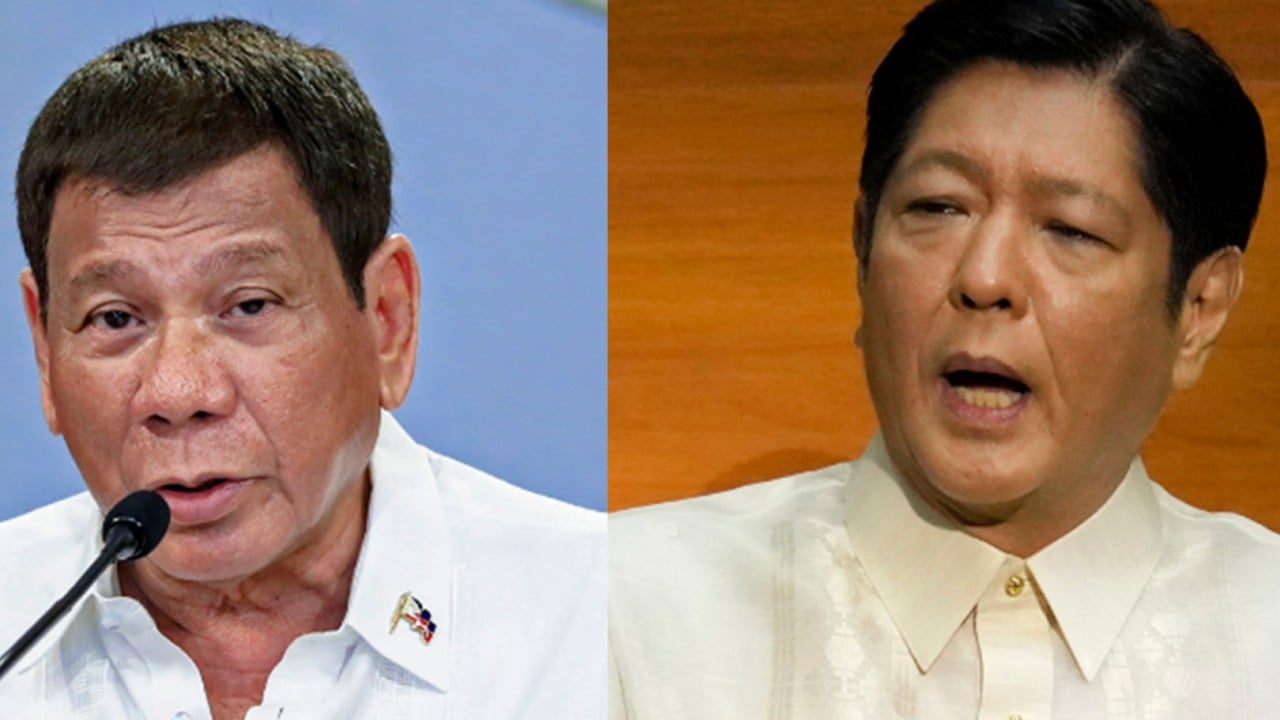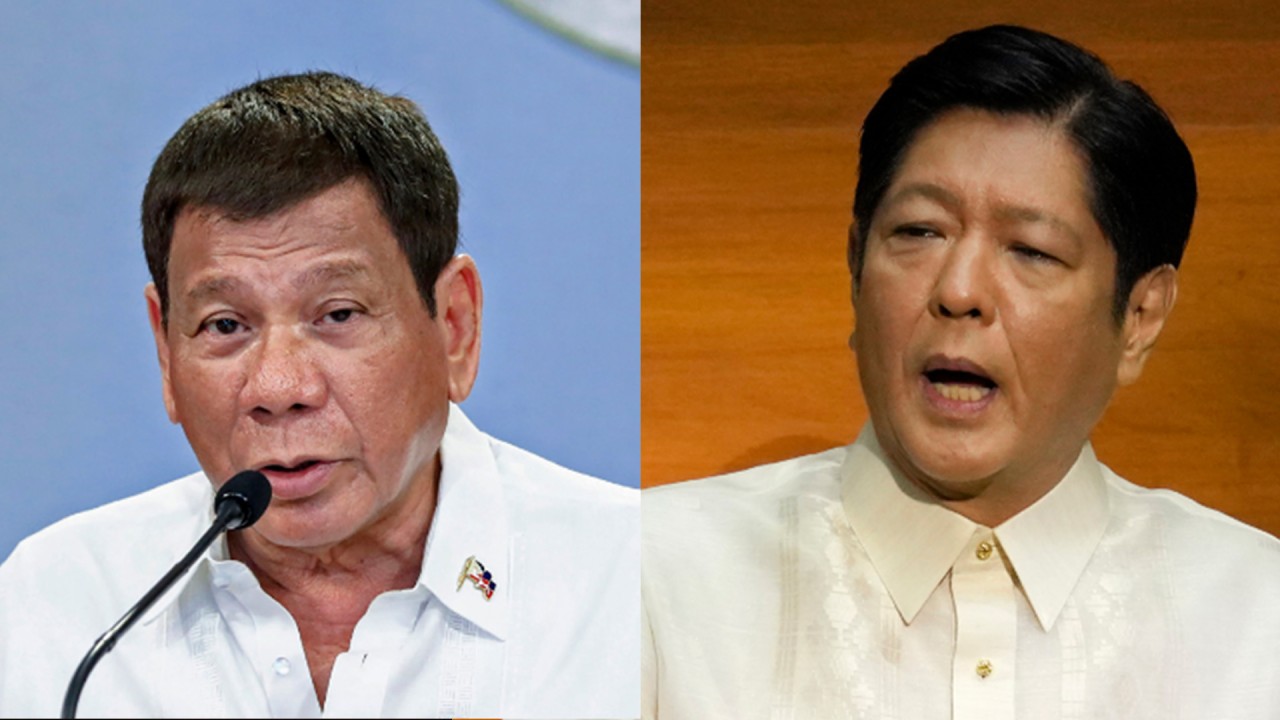Philippine Vice-President Sara Duterte-Carpio has officially resigned from her positions in the government of President Ferdinand Marcos Jnr, ending months of speculation about the state of their fraying political alliance.
After months of increasingly combative interactions between their two politically powerful clans, analysts say her resignations signal that the family of former president Rodrigo Duterte is ready to “go all out” in its political feud with the Marcos family.
Duterte-Carpio’s resignations from her positions as secretary of the Department of Education and vice-chairman of the National Task Force to End Local Communist Armed Conflict were announced in a brief statement issued by the presidential palace on Wednesday.
The statement simply said, “She declined to give a reason why. She will continue to serve as Vice-President.”
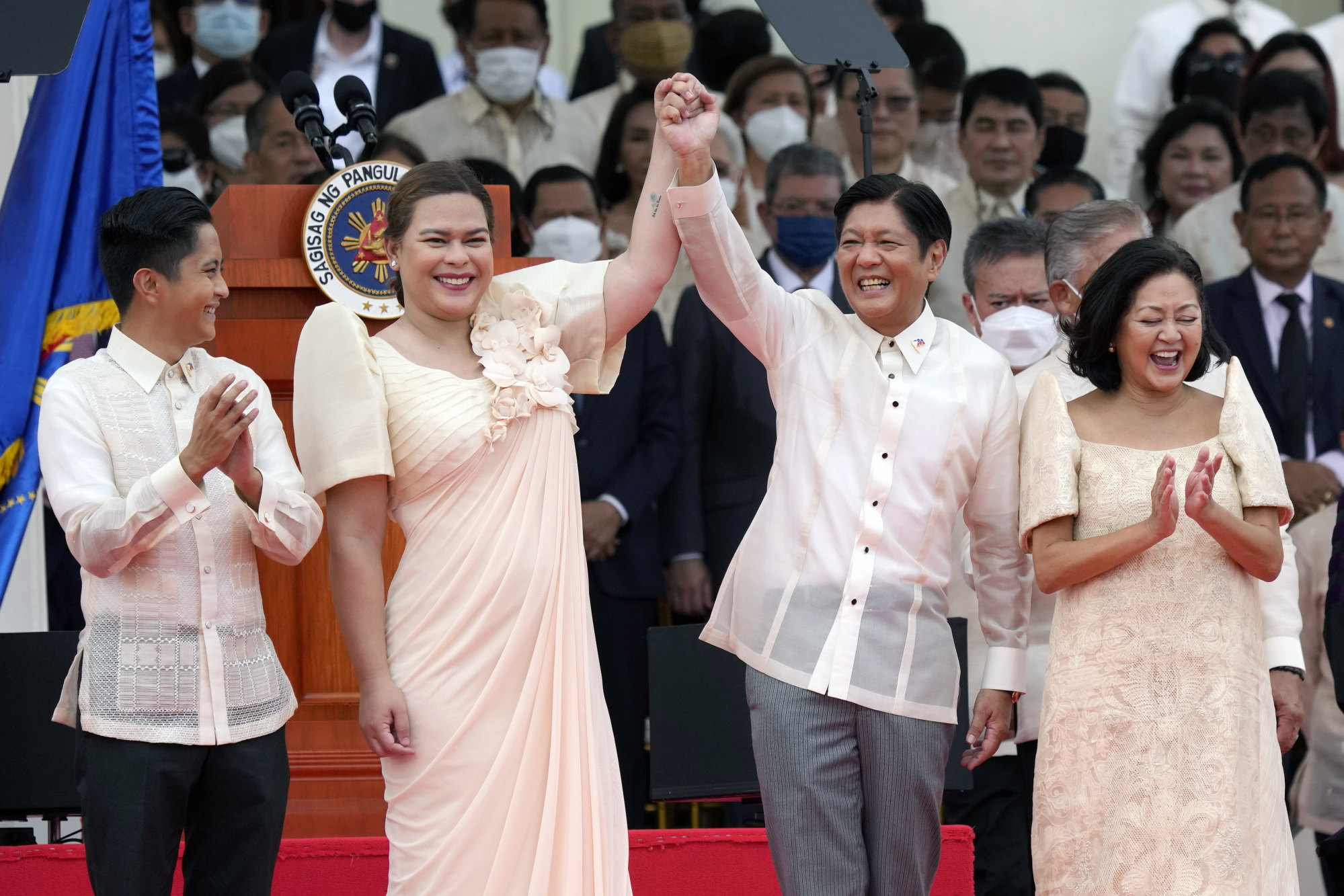
Following the palace statement, Duterte-Carpio held a press conference where she extolled her accomplishments as education secretary – such as improving the basic education infrastructure, launching a new curriculum, and improving teachers’ welfare – but gave no specific reason for stepping down from her roles.
“My countrymen, my resignation is not due to weak resolve, but it is brought on by my genuine care for teachers and the Filipino youth,” she said.
Her departure from the cabinet came a week after she told reporters inquiring about her no-show at various palace functions, “We are not candidates any more.”
She explained that the “Bongbong-Sara Uniteam”, as they called themselves when they campaigned in the 2022 presidential election, was only a political “tandem” to get both elected.
It also occurred two months after the president’s wife, first lady Louise “Liza” Araneta-Marcos, said she had purposely snubbed Duterte-Carpio during a send-off for a foreign trip by cabinet officials because the latter had “crossed the line” by laughing during a rally when former president Duterte called Marcos Jnr a drug addict.
Analysts told This Week in Asia that both Marcos Jnr and Duterte-Carpio had long politically separated and this merely formalised it.
“This was long overdue,” former congressman Barry Gutierrez told This Week in Asia on Wednesday.
“When her father, brothers, and allies started attacking the administration at the start of the year, it was clear that the alliance had collapsed,” said Gutierrez, who was spokesman for former vice-president Leni Robredo.
“But she held on for the advantage of heading an executive department,” he added, referring to Duterte-Carpio’s positions as vice-president and education secretary that meant she had access to billions of pesos in funding.
Political risk analyst Ronald Llamas said the split was “long overdue”.
“I have been saying that for one year. She just formalised her untenable and unsustainable situation,” he said.
“Maybe she realised, although belatedly, that being in the official family of the president while all her political allies and family [members] are throwing everything at the government and the president – even the kitchen sink – that this is costing her more than it’s benefiting her.”
Former Senator Antonio Trillanes IV said the resignation was “about time”, noting that “a more principled public servant would have done it earlier”.
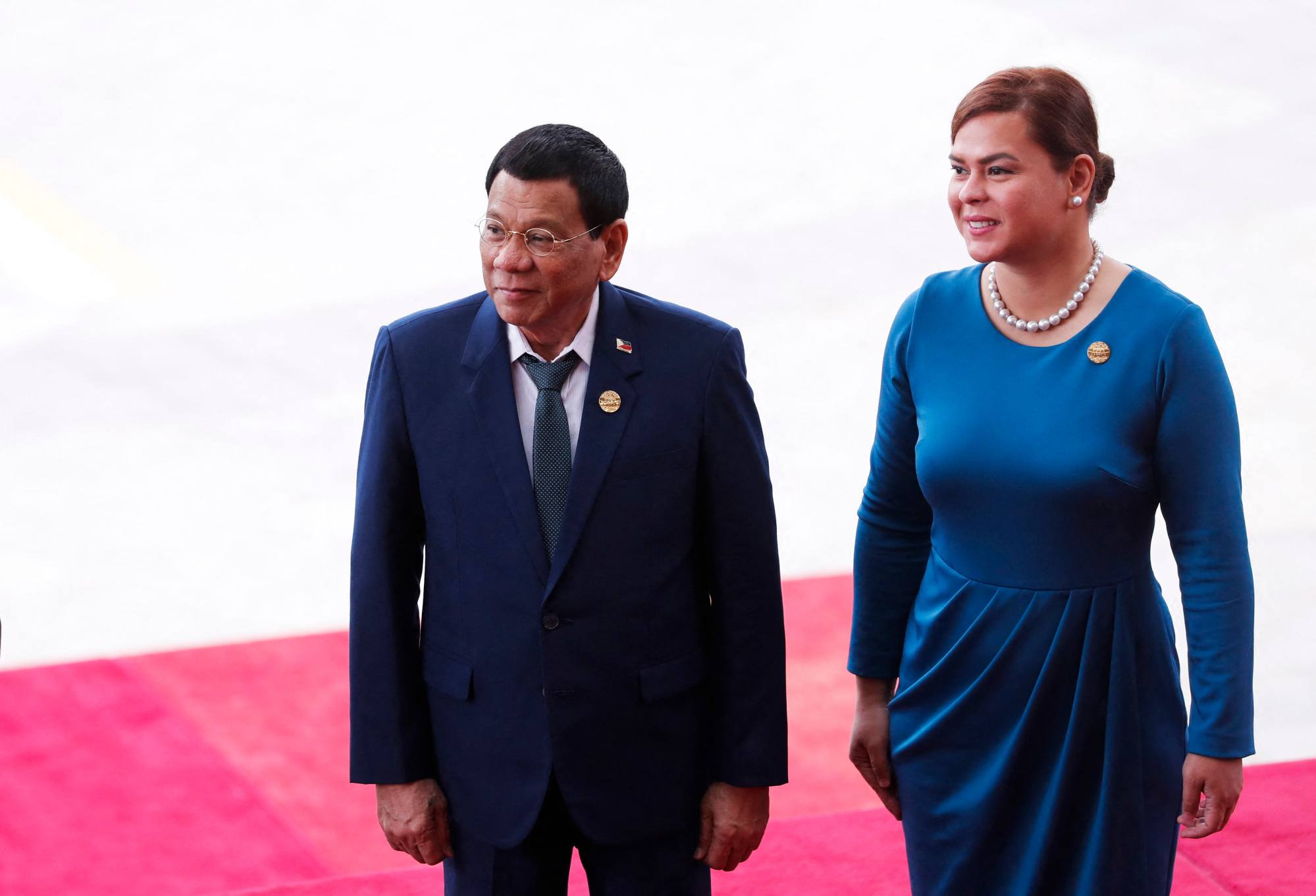
Duterte-Carpio’s resignation marks a political turning point for the Marcos Jnr government – one that analysts say is not wholly in his favour.
“The fact that she’s leaving now means they [the Duterte family] have something else lined up,” Llamas said.
Trillanes agreed, telling This Week in Asia that the Dutertes “will oust BBM [Marcos Jnr’s initials] whenever they get a chance”.
As the vice-president, Duterte-Carpio is next in the succession line if the presidency becomes vacant. Should this happen after June 30, Llamas had said in an earlier interview with This Week in Asia that Duterte-Carpio could serve the rest of Marcos Jnr’s unfinished term and then run for a new six-year term as president come 2028.
Gutierrez said her departure from his cabinet would in a sense make governing for Marcos Jnr more difficult. “You can now expect the Dutertes to go all out against him. No more pretence at ‘unity’.”
“It also puts Marcos Jnr in a position where he has to decide if he will likewise pull no punches against the Dutertes. He is the president, he has more moves, the ICC [International Criminal Court] case being one of the strongest,” Gutierrez added.
He was referring to the alleged crimes against humanity case filed against the elder Duterte over his vicious drug war which killed thousands of drug suspects, as well as innocent bystanders.
“It certainly puts the Dutertes in a spot where an extra constitutional option becomes a more enticing option for them,” Llamas said, but noted that there must first be a vacancy for a succession battle to happen.
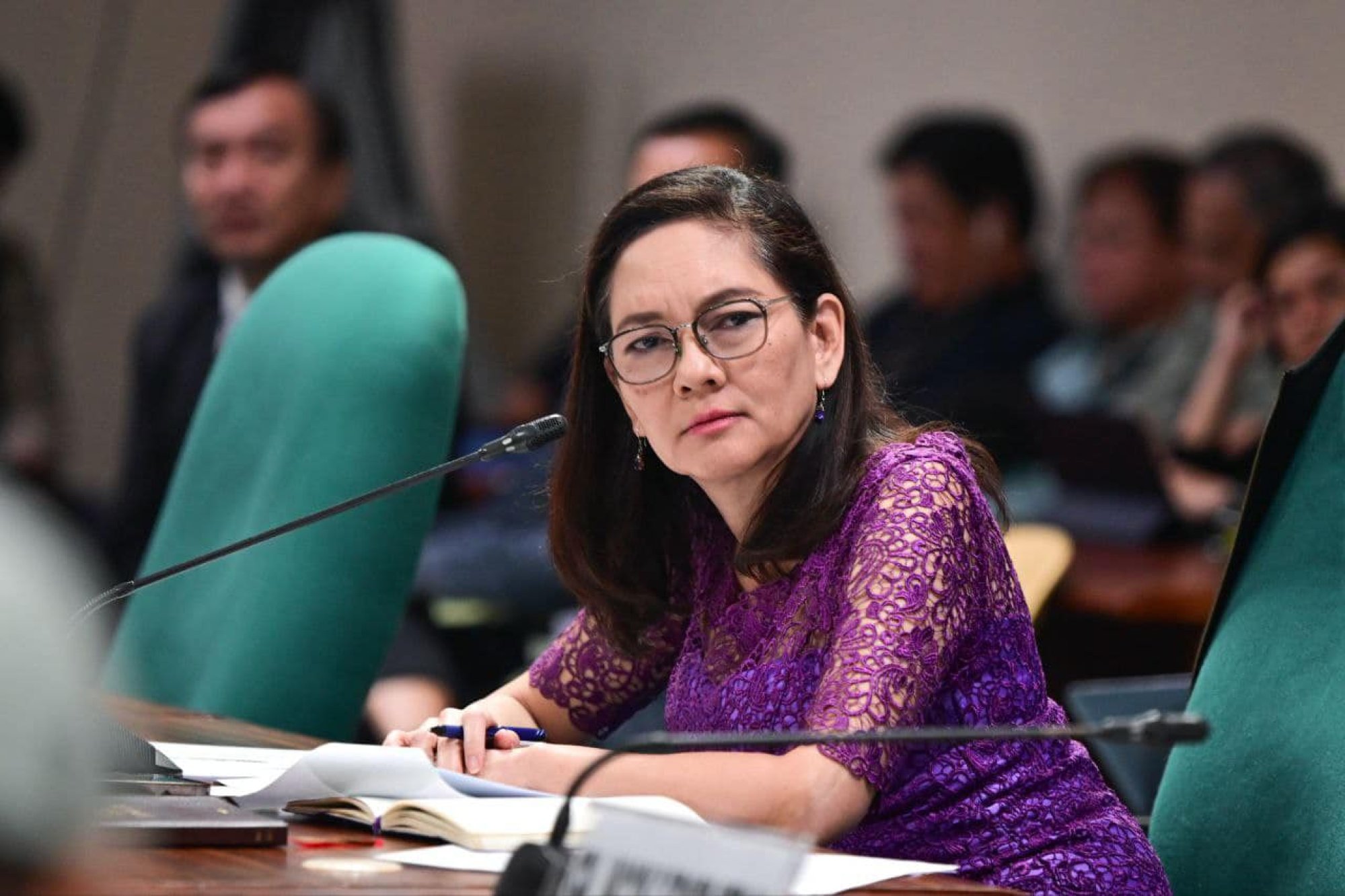
Asked if Duterte-Carpio could become the leader of the political opposition after quitting the cabinet, Trillanes said, “She would be the de facto opposition leader by virtue of her relatively stronger political base. But [Akabayan party] Senator Risa Hontiveros would like to remain as an independent opposition leader.”
Gutierrez noted, however, that Duterte-Carpio could “become a third pole in the political landscape”, but that would depend on how effectively she could garner support, given the midterm elections next year and whether she manages to emerge from her father’s political shadow.
Since 1986, the Philippines has followed a multiparty system that allows parties to either align themselves with the administration or ruling party, or be part of the opposition.
The political opposition currently has two leaders in the Senate: Senator Hontiveros of Akbayan and former Senate president Aquilino “Koko” Pimentel III of the original PDP-Laban Party.
Hontiveros’ Akbayan issued a statement welcoming Duterte-Carpio’s resignation as “long overdue”, noting that the vice-president’s tenure as education secretary “has been marred by massive controversies” that the party said diverted attention from improving the country’s education system.


